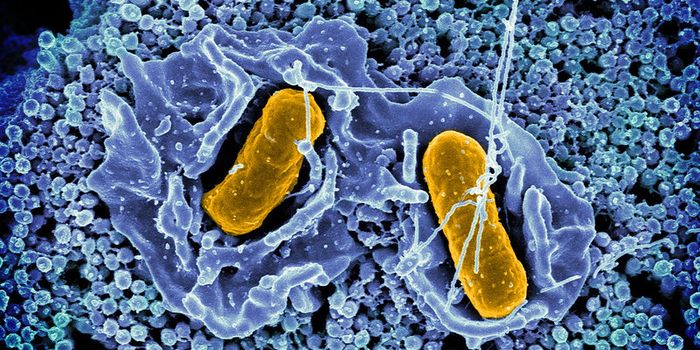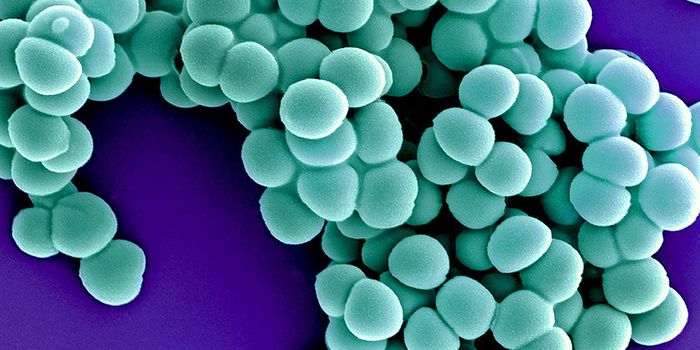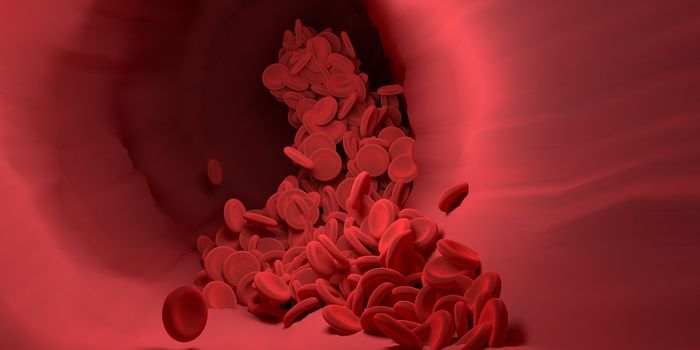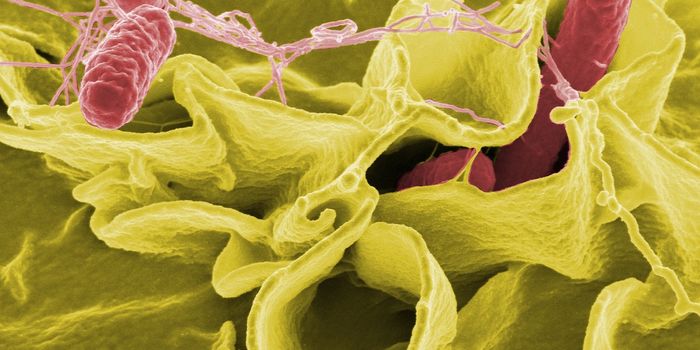Infection During Pregnancy Could Trigger Autism in Children
Researchers from the Center for Neuroscience at the University of California, Davis have revealed new insights into the intricate connection between maternal immunity and neurodevelopment. A study published in Brain, Behavior, and Immunity, has shed light on how infections in expectant mothers are implicated in the onset of conditions such as schizophrenia and autism in their children.
"We don't have a good handle on what causes these diseases," said the study’s senior author, Professor Kim McAllister. "But, maternal infection is a risk factor that we know contributes. So, our research focuses on how to predict which pregnancies are at risk and discover new ways to intervene and prevent disease in offspring."
Among some of the first clues that infection during pregnancy is linked to neurodevelopmental disorders originated during the 1918 influenza epidemic. Children born during the outbreak and tracked for several decades were found to have increased odds of having developed a mental illness.
In a series of experiments in mice, the researchers aimed to resolve how immune activation in pregnant mothers from pathogenic infection impacted their offspring. To model pregnancies in humans, McAllister and colleagues treated pregnant mice with a double-stranded RNA molecule — the genetic material format typical to many infectious viruses such as coronaviruses. Upon sensing the presence of this RNA molecule, the immune system kicks off inflammatory response cascades. As part of these natural immune responses to resist infection, a flood of interleukin-6, or IL-6 is released into the bloodstream of pregnant mice.
Upon giving birth to their offspring, the researchers track the neurodevelopmental progress of the pups. At around 2 months of age, they are subjected to a series of tests to determine the presence of abnormal neurological development, including repetitive actions or “freezing” in a specific position. The team demonstrated for the first time that a spike in IL-6 levels during pregnancy correlated with these observed atypical behaviors in mice.
"Now that we can predict which mice are at risk, we want to determine how specific patterns of immune signaling in the mom cause distinct outcomes in offspring,” said McAllister. These next steps could potentially lead to the emergence of biomarkers to help better protect women during pregnancy through vaccinations or other medical interventions.
Sources: Science Daily, Brain, Behavior, and Immunity.









